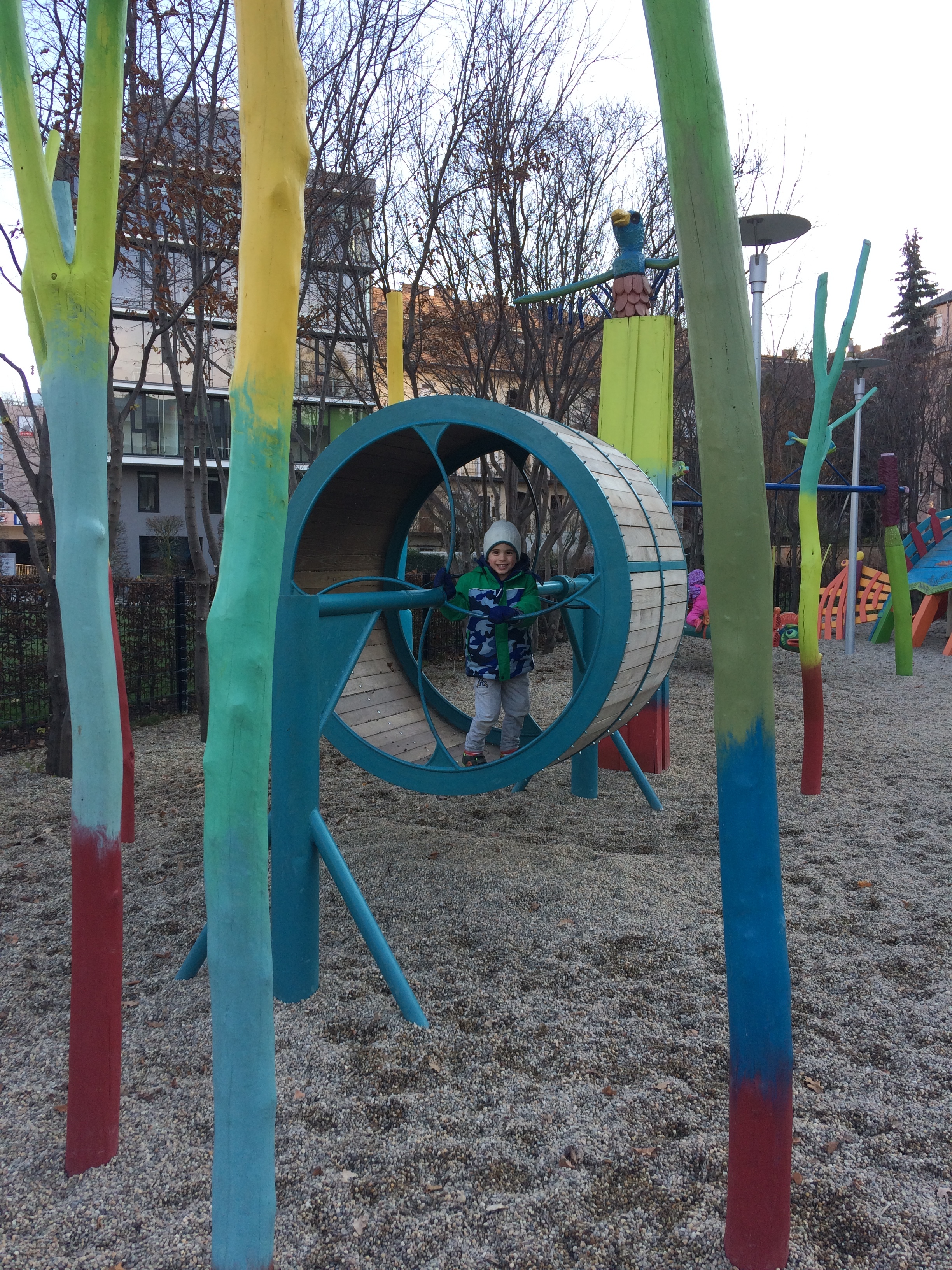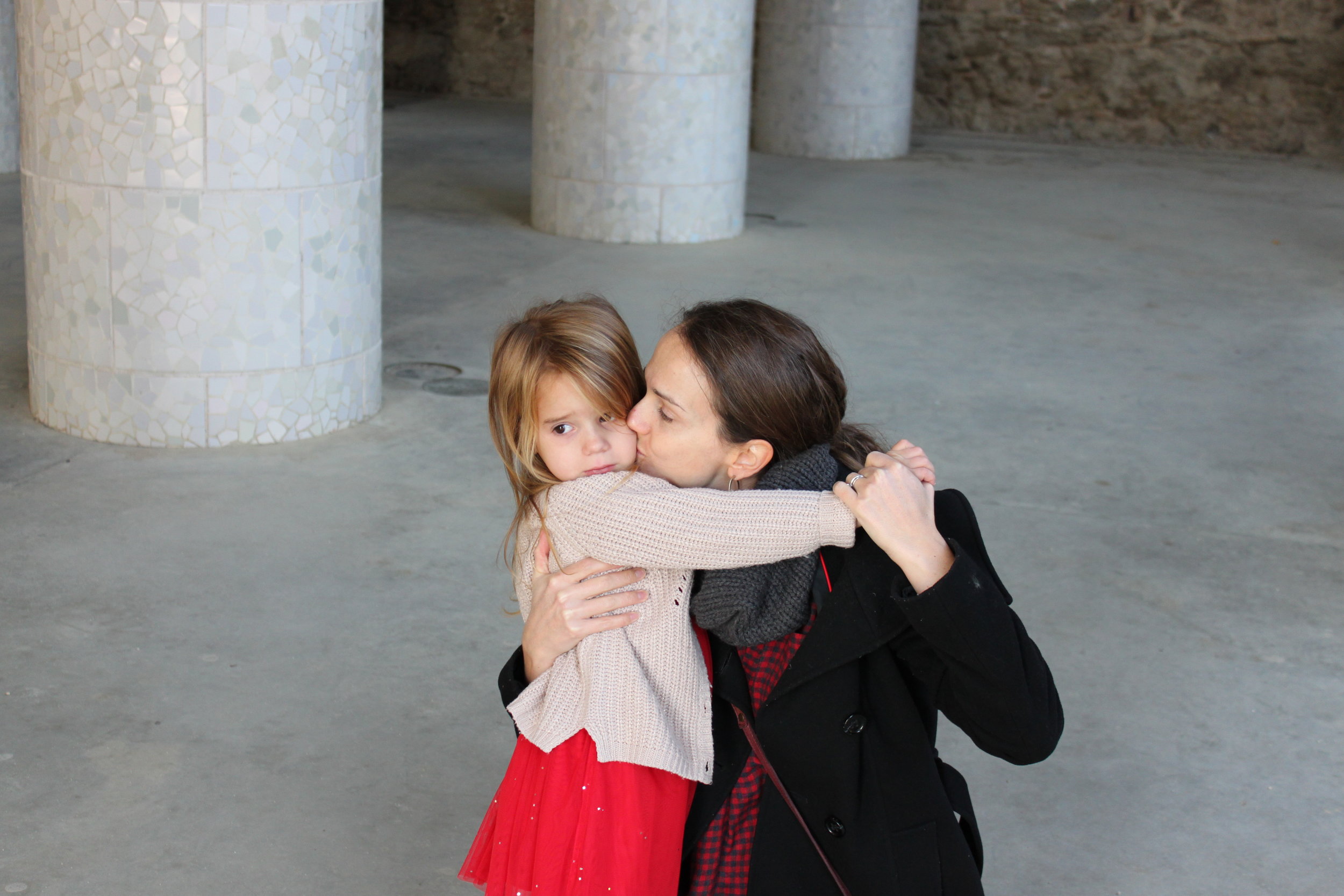YA ESTA
/In what feels like an impossible time warp, our two years in Barcelona have come to an end. Our moving container set sail a few weeks ago and we left last Thursday: we boarded a flight to Venice, are spending two weeks meandering around the Dolomites, Slovenia, and Croatia, and then land back in Boston on June 27 — at which point our grand European adventure officially concludes.
Our hearts all feel a little heavy right now.
We spent the last few weeks saying teary goodbyes to great friends, enchanting places, and a way of life that doesn’t (and maybe can’t) exist in the US. In exchange, we're headed back to a set-up that looks strikingly similar to the one we left two years ago: back to Brookline, into a house that’s just a mile away from our old one. Aaron's going back to Charlesbank. I'll spend a year back at Harvard. We'll have our beloved "Juji" back a few days a week to babysit the kids after school. We'll get to be close to the friends and family we also said teary goodbyes to two summers ago. It's full circle to the point where it sometimes feels like we dreamed this whole thing up — like we never left, like nothing ever happened.
But the sameness of Boston 2.0 belies so many of the changes that have happened to us—as individuals, as a couple, as a family. Living abroad was, for sure, the most simultaneously empowering and humbling experience of our lives — conferring the dual (and duelling) sense that we could do anything and absolutely nothing. We were curious and fearless, but also so totally dependent on others to navigate even the most mundane aspects of life. (E.g., we had to beg for my assistant’s help canceling our home internet before we left; worse, we needed our kids’ help translating the details of our car sale.) Nothing was easy, but all things got easier; aspects that seemed so foreign and noteworthy at the beginning eventually faded into inconspicuous normalcy. But still, I'd be lying if I said I wasn’t weirdly looking forward to my first call to an English-speaking customer service line; I'm eager to recapture my now-rusty sense of adult autonomy. But the challenge of navigating the Spanish-only lines was just part of what made expat life so utterly engaging — and it makes you realize how much of daily life you miss when you’re able to do it all on auto-pilot.
At its core, being an expat is like an adult nature vs. nurture experiment. You get to be you, but in a different context – see what sticks and what falls away, what you like and don’t, which pieces are essentially you and which are more a product of your environment. You get to live your normal life, but under the radar and totally on your own terms. You conform to the social norms without being subject to the social pressures. There’s no keeping up with the Joneses, because you have no idea who the Joneses are that you’re supposed to be keeping up with. You confront your own notion of "normal" and adapt accordingly. And all the while, you get to meet interesting, like-minded people who are willing to talk it all over during a five-hour Sunday lunch. It’s addictive. And we’re so unbelievably grateful we had the chance to do it.
The move was conceived four and a half years ago, over a date-night out in Boston on a frigid 5-degree January night. At that point, it was just the nebulous (and probably wine-induced) dream of two cold, burned out, sleep-deprived parents who needed something to shoot for and naively pinky-swore they’d try to move abroad. It took another two and a half years to work out the details. And then two more to live it in all its glory. And now that much anticipated, long-awaited experience has come to an end. Ya esta — it is done.






































